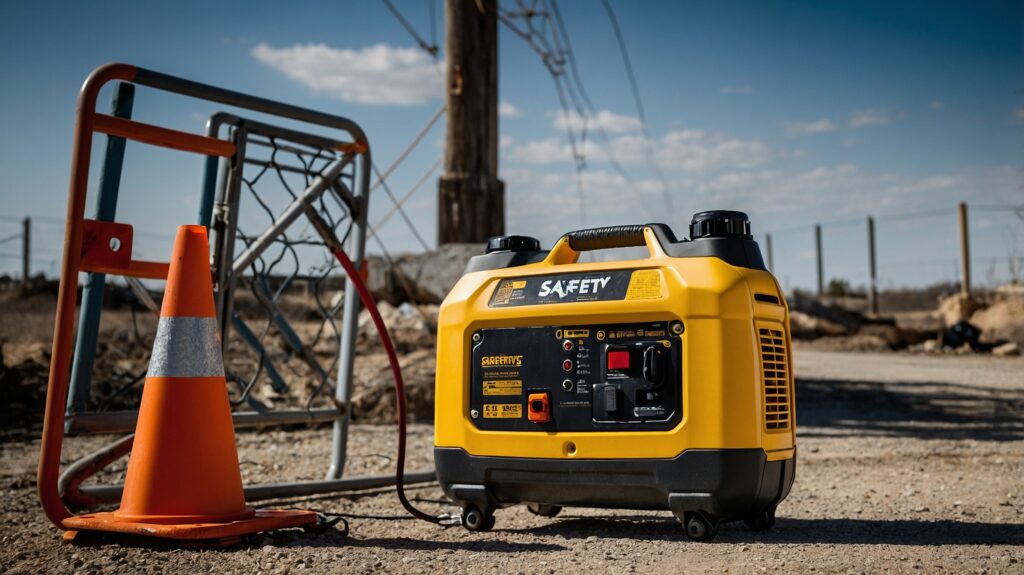Generator Safety Basics: What Every Homeowner Needs to Know
Buying a generator for emergency home power is a smart move—but using it safely is just as important as choosing the right model. From carbon monoxide risks to grounding, fire protection, and safe placement, generators can pose serious hazards if not installed and operated properly.
To help you stay safe during power outages, we’ve put together this essential collection of generator safety articles. These expert guides cover everything you need to know to protect your family, your home, and your investment—whether you’re running a portable unit or a standby system.
Start with the topics below to build your generator safety plan:
🚨 Do I Need to Have a CO Detector in My Home While Using a Generator?
Carbon monoxide is a silent killer. Learn why every home using a generator should have a CO detector—and where to place it for maximum protection.
⚡ Does a Generator Need to Be Grounded?
Grounding prevents dangerous electrical shocks. This guide explains when grounding is required, how to do it safely, and common mistakes to avoid.
🛠️ How Often Does a Generator Need Maintenance or Servicing?
Prevent breakdowns and extend your generator’s life with this overview of maintenance schedules for both portable and standby models.
🛢️ How Often Should I Change the Oil or Clean the Engine?
Oil changes and engine cleaning are key to safe operation. This guide provides recommended intervals and step-by-step tips.
⚠️ What Is a Suicide Cord or Suicide Cable—and Why Should They Not Be Used?
Never use makeshift cords to connect a generator to your home. Learn the dangers of suicide cords and why they’re illegal and life-threatening.
🧯 What Type of Fire Extinguisher Should Be Used with a Generator?
Not all extinguishers are suitable for generator fires. This guide explains which types to keep nearby and how to store them safely.
🔒 What Safety Features Are Included on Generators?
Modern generators come with built-in protections. Learn about CO shutdown sensors, overload protection, circuit breakers, and more.
📍 Where Should a Generator Be Placed for Safety and Code Compliance?
Proper placement helps prevent fires, fume exposure, and code violations. This article covers safe distance requirements, ventilation tips, and setup best practices.
Power Up Safely, Every Time
Don’t wait for the next storm to review your generator safety plan. Whether you’ve just purchased a new unit or want to ensure your existing setup is code-compliant and safe, the guides above will walk you through every step.
Explore more generator safety tips and homeowner guides in our full Generator Safety Resource Center.

